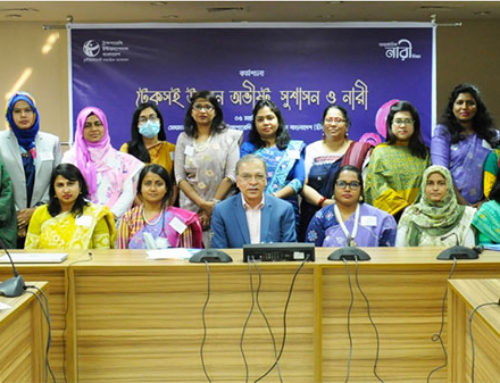Authors: A. Mushtaque R. Chowdhury and Henry B. Perry
Non-governmental organizations (NGOs) working in developing countries are chiefly a post-World War II phenomenon. Though they have made important contributions to health and development among impoverished people throughout the world, the documentation of these contributions has been limited. Even though BRAC and the Jamkhed Comprehensive Rural Health Project (CRHP) are but two of 9.7 million NGOs registered around the world, they are unique. Established in 1972 in Bangladesh, BRAC is now the largest NGO in the world in terms of population served—now reaching 130 million people in 11 different countries. Its programs are multi-sectoral but focus on empowering women and improving the health of mothers and children. Through its unique scheme of generating income through its own social enterprises, BRAC is able to cover 85% of its $1 billion budget from self-generated funds. This innovative approach to funding has enabled BRAC to grow and to sustain that growth as its social enterprises have also prospered. The Jamkhed CRHP, founded in 1970 and located in the Indian state of Maharashtra, is notable for its remarkable national and global influence. It is one of the world’s early examples of empowering communities to address their health problems and the social determinants of those problems, in part by training illiterate women to serve as community health workers. The Jamkhed CRHP served as a major influence on the vision of primary health care that emerged at the 1978 International Conference on Primary Health Care at Alma-Ata, Kazakhstan. Its Institute for Training and Research in Community Health and Population has provided on-site training in community health for 45,000 people from 100 different countries. The book written by the founders entitled Jamkhed: A Comprehensive Rural Health Project, describing its pioneering approach, has been translated into five languages beyond English and is one of the most widely read books on global health. These two exemplary NGOs provide a glimpse of the breadth and depth of NGO contributions to improving the health and well-being of impoverished people throughout the world.



